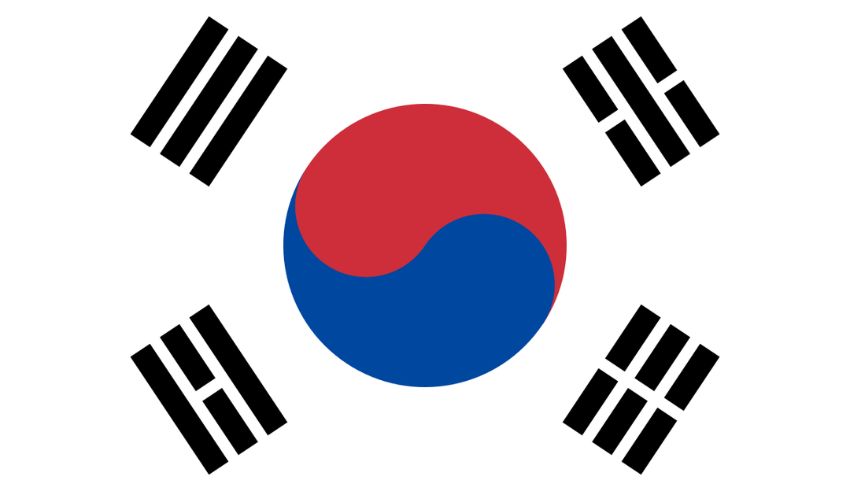

(C) South Korea
According to government data released on Tuesday, one in five South Koreans are 65 years of age or older making the country a “super aged” culture and highlighting its worsening demographic crisis. The new data issued by the Ministry of the Interior and Safety shows that 10.24 million persons in South Korea are 65 years of age or older making up 20% of the country’s 51 million inhabitants.
According to the UN, a nation is considered to be an “aging society” if more than 7% of its citizens are 65 years of age or older, a “aged society” if more than 14% of its citizens are and a “super aged” society if more than 20%.
After years of decline, South Korea’s historically low birth rate fell to just 0.72 in 2023, the lowest in the world. Without immigration, countries must maintain a steady population with a fertility rate of 2.1.
In South Korea, over 22% of women are 65 years of age or older compared to approximately 18% of men, according to the ministry’s most recent data, the interior ministry stated.
Just a few decades after their fast industrialization, South Korea and other East Asian countries are facing a demographic time bomb as their cultures age as per the data highlight. Many European nations benefit from immigration by reducing the impact of their aging populations. But countries like China, Japan and South Korea have avoided significant immigration to deal with the decline in their working age populations.
Officials in South Korea have been trying tirelessly to reverse the country’s demographic trend. In May, President Yoon Suk Yeol requested help from lawmakers to establish a new ministry to deal with what he called a “national emergency.” Demanding work cultures, stagnating earnings, rising living expenses, shifting views on marriage and gender equality and growing disenchantment among younger generations are some of the factors contributing to Asia’s demographic change according to experts.
However, despite the economic issues involved, attempting to solve the issue with money has not worked. Authorities in South Korea acknowledged in 2022 that over $200 billion had been spent in the preceding 16 years in an attempt to increase the population.
However, measures including providing paid paternity leave, giving new parents cash “baby vouchers” and launching social campaigns to encourage men to help out around the house and with childcare had not been able to stop the trend.
Vietnam becomes the rising star for that tourism scene in the annals of Southeast Asia; it surpasses its regional competitors…
The Chinese Coast Guard ships extended their stays near the Senkaku Island region which led Japan to lodge formal diplomatic…
Numbeo reports in the 2025 Safety Index that the United Arab Emirates (UAE) has become the second safest country in…
Thailand’s automobile sector remains heavily challenged as car output during February 2025 dropped 13.62% year on year to 115,487 units.…
The Canadian Security Intelligence Service (CSIS) has officially warned about foreign entities trying to change election results on April 28th.…
Samsung Electronics CO-CEO Han Jong-hee has passed away suddenly after suffering a heart attack, as announced Tuesday. The sudden demise…
This website uses cookies.
Read More